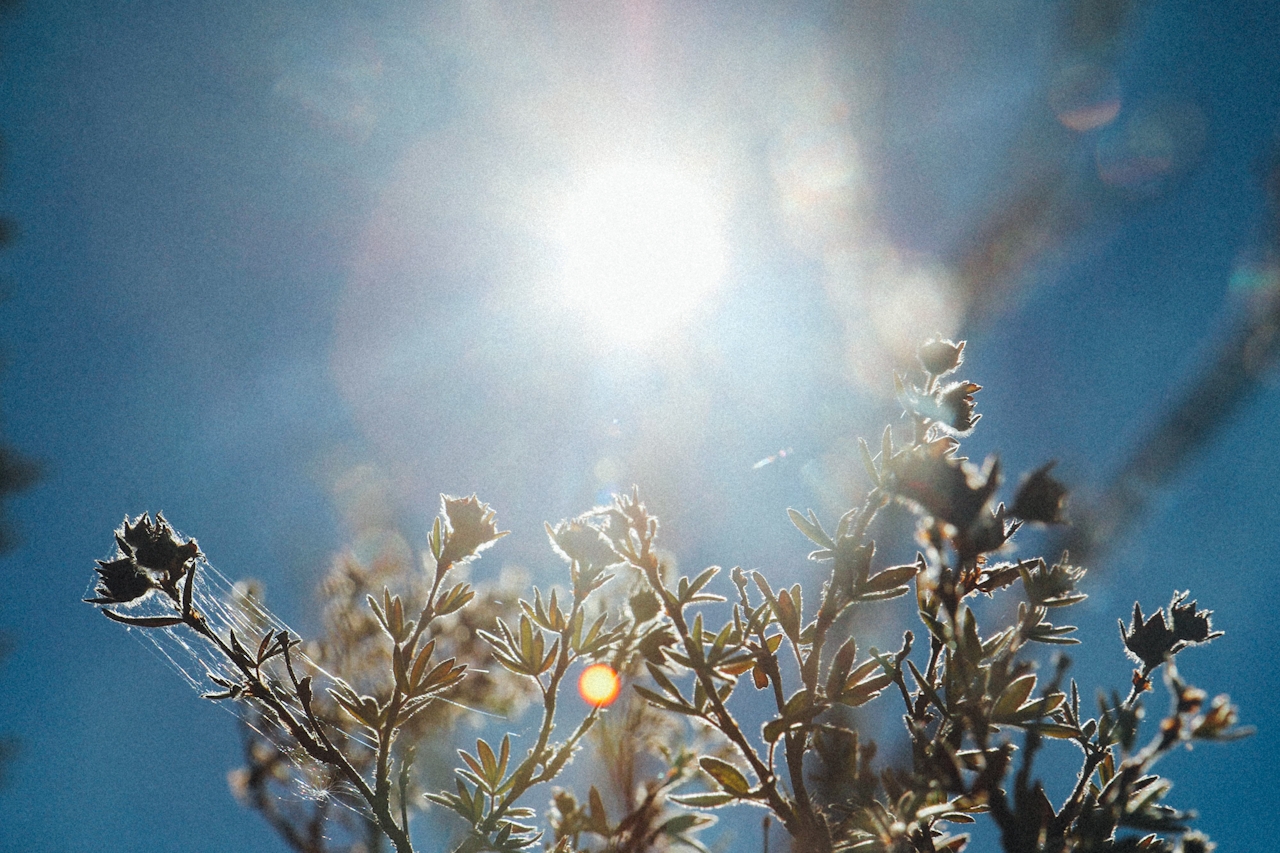In their podcast Descent Into Light, Sisters Danielle Victoria Lussier and Theresa Aletheia Noble are quick to disillusion listeners of the notion that abuse can ever be eliminated within the Church.
“It’s just not true,” says Sr. Danielle in Episode six. “Danger is always with us, because sin is always with us.”
Yet while avoiding cynicism, they offer a vision of hope that is far from rosy optimism.
“Hope doesn’t look away from darkness,” Sr. Theresa says in the same episode. “Hope knows that with God, we can stand to look at reality for what it is.”
In the context of the sisters’ charism, it’s a hope that Catholic communities can learn to be clear-eyed about those realities, so they can better serve victims and recognize abuse when it occurs.
The two women are the co-founders — and so far, the only members — of the Sisters of the Little Way, a private association of the lay faithful with a mission of “listening and solidarity with people on the fringes of the Church, especially those who have been wounded, scandalized, or abused by members of the Church.”
The eight-episode series Descent Into Light is their first major step toward that mission. Notably, it’s not an investigative or a “breaking the silence”-style report on the sisters’ own experiences within their former religious community.
In 2024, they and an unnamed sister talked to The Pillar about how their spiritual director, a priest trusted and beloved by the community, allegedly practiced manipulative grooming behavior that led to a case of sexual assault.
But in the way they tell their story — a story marked more by the subtle yet steady erosion of boundaries than flagrant instances of abuse — the Sisters of the Little Way are realistically portraying how abuse can flourish within the Church.
Weaving in interviews with experts on sexual and spiritual abuse in the Church, Descent Into Light unfolds like a narrative of how to recognize unhealthy dynamics within even the most well-intentioned communities — which is why it is so important for Catholic adults to listen.
The abuse crisis can never be distilled into a problem of bad apples: abusers who do evil but can be caught, punished and put in the past, out of sight and out of mind of a community. Rather, abusers continue to abuse because a community allows them to.
This is a strong example of where I see the sisters practicing both charity and courageous truth-telling.
While extending grace toward their former community, they are adamant about naming the ways a community’s culture can also perpetuate harm:
Naïveté about how charm, power and outward appearances of holiness can mask predatory behavior.
A willingness to bend the boundaries for certain people, or to relax rules when profit or image are at stake.
Resistance to questions.
The instinct to uncritically side with the accused, or to assume he is the actual victim.
And perhaps most crushing of all, shifting the weight of abuse onto victims, often leaving them isolated, under suspicion and even blamed for an abuser’s actions.
The podcast focuses on the abuse of vulnerable adults, an area of the abuse crisis that’s received less attention over the past two-plus decades since the 2002 Boston Globe reports on clergy abuse against children. The last episode in particular discusses concrete ways the Church can practice better safeguarding in this area, and the entire series is an invaluable educational resource on the topic.
Descent Into Light makes a compelling case that within the Church, the sexual abuse of adults is almost always preceded by abuse of conscience and the eroding of boundaries, especially within the realm of prayer and spiritual direction.
In the past few years, I’ve noticed more conversations about spiritual abuse in Catholic contexts. (To give a personal shoutout, my friend Paul Fahey, who also appears in Descent Into Light, is doing tremendous work educating Catholics — including religious communities — on this topic.) I hope Descent Into Light continues to raise awareness about the reality of spiritual abuse and its many facets, regardless of whether it always leads to other forms of harm.
I was also moved by the sisters’ discussion of moral injury, the painful consequences of betrayal or trauma that violate core beliefs. This injury can resonate in the entire community in which harm takes place. It’s a concept I’ve grappled with in writing before, but have never heard so well-articulated. When it comes to the people in the pews — or those who’ve slipped out of them — the impact of moral injury due to clergy abuse cannot be overlooked, yet I’ve rarely seen the Church demonstrate courage in facing those secondary effects of scandal head on. Descent Into Light, and how the Sisters of the Little Way’s mission includes those who’ve been scandalized by members of the Church, is a step in healing that wound.
Sr. Danielle and Sr. Theresa are navigating a rare path, firmly grounded in a love of Christ and his Church, while opening wide their hearts to painful realities within that Church. In leaving their former community, they let go of stability, relationships and the very sense of identity and vocation they’d been in formation for. Telling their stories publicly invited criticism from people they had trusted. Their faith has not come cheap.
And yet this is exactly what makes them credible to those who also know what it is to hold onto faith by their fingernails — or even to walk away from the Church when staying becomes too painful.
“Sr. Danielle and I have come to believe something profound through the hardest experiences of our lives,” Sr. Theresa says in one episode. “One of the most powerful ways God shows his love is by descending into the darkest, most difficult places with us.”
“He enters the pain,” she continues. “He sits with us in the confusion, the betrayal, the heartbreak. And then slowly, quietly, he begins to lift us.”


.png)





.png)











